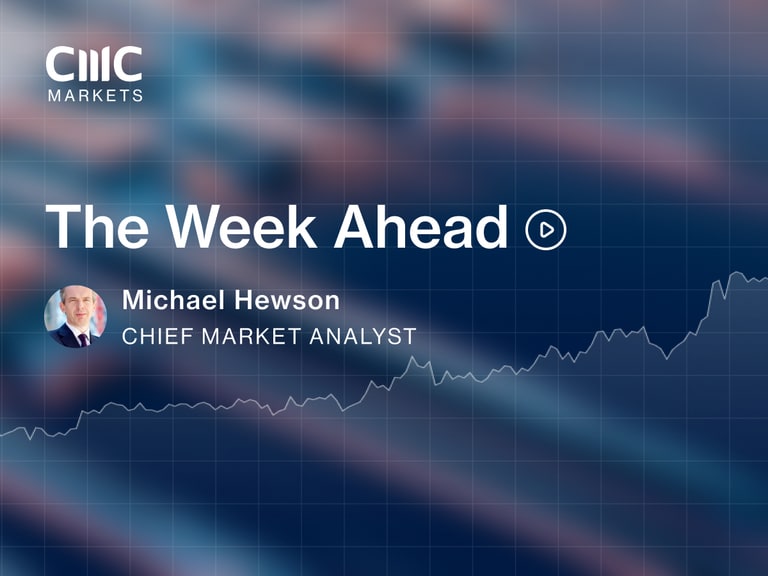UK inflation surged again in March, rising to 7% well above expectations of 6.7% and increasing the prospect that the Bank of England may well have to go harder on rates when they meet in May.
It has been suggested that some on the MPC are concerned about the negative impact a further rise in interest rates might have on demand, the UK economy and consumer confidence, a factor cited by Jon Cunliffe at the last meeting when he voted to keep rates on hold. While this might seem a justifiable concern, it completely ignores the fact that surging inflation has the exact same effect on all three of those factors just cited, given that the March inflation numbers showed increases across all sectors of the UK economy, including clothing, furniture, food, drink and restaurants. These concerns also ignore the fact that imported inflation is a big driver in the inflation numbers we are currently seeing.
With inflation levels at 7% already, even before the various tax and price rises that are due to be included in the April numbers, we are likely to see inflation in Q2 go well above the Bank of England’s inflation estimate of 8%, and it could well hit 10% by the middle of the summer.
Imported goods appear to be driving the latest inflation surge, and with PPI input and output prices surging in March to 19.2% and 11.9% respectively, it is clear that further rises in headline inflation are coming even without the April tax rises, and the rise in the energy price cap. PPI has always tended to be a leading indicator when it comes to headline inflation, with businesses having to make the tough decisions of whether to absorb the costs of producing the goods and services they sell, or pass those costs on.
The Reserve Bank of New Zealand raises rates by 50bps earlier today, with the prospect of another 50bps in May, saying that the risk of more persistent high inflation expectations has increased, and that it is best to increase rates more sharply now, than waiting until later, on the basis of a 'least regrets' analysis.
This is a policy that is likely to be followed by the Bank of Canada later today, and the US Federal Reserve next month, which means the Bank of England will more than likely be forced to follow suit if only to maintain interest rate differentials to help support the pound and keep a lid on imported inflation. The pound has already slipped below 1.3000 against the US dollar, and could fall further towards 1.2500 if we see further aggressive action by the Federal Reserve.
Some may argue that the Bank of England could get away with raising rates by 25bps incrementally, however such a tentative and weak approach, if not allied with strong forward guidance, would only send a signal that the central bank is weak in undertaking to meet its inflation target.
As far as rates are concerned the market is being held hostage by the Federal Reserve’s hawkish bias, and its increasingly aggressive tone is not only putting upward pressure on the US dollar, but is also exacerbating a global inflationary impulse in the form of currency weakness elsewhere.
This is the conundrum central banks are now facing: allow inflation to let rip and kill global demand, or raise rates over time to try and get ahead of inflation expectations, and attempt to engineer a soft landing.
CMC Markets erbjuder sin tjänst som ”execution only”. Detta material (antingen uttryckt eller inte) är endast för allmän information och tar inte hänsyn till dina personliga omständigheter eller mål. Ingenting i detta material är (eller bör anses vara) finansiella, investeringar eller andra råd som beroende bör läggas på. Inget yttrande i materialet utgör en rekommendation från CMC Markets eller författaren om en viss investering, säkerhet, transaktion eller investeringsstrategi. Detta innehåll har inte skapats i enlighet med de regler som finns för oberoende investeringsrådgivning. Även om vi inte uttryckligen hindras från att handla innan vi har tillhandhållit detta innehåll försöker vi inte dra nytta av det innan det sprids.







